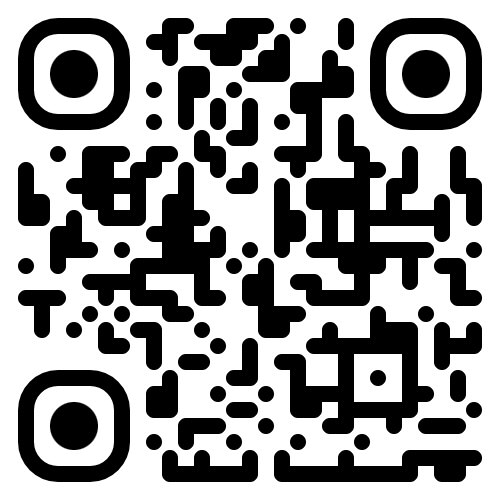In a marketing world where third-party cookies are disappearing and acquisition costs are rising, first-party data is gaining value every day. Yet it seems that many brands get stuck on the question: ‘How do I quickly collect reliable customer data without a multi-million dollar budget or complicated tech stack?’ This article (± 6 min reading time) gives you a practical roadmap that proves it can be done – with impact, but without expensive API links or complex loyalty platforms.
1. The problem: cookie-free future & expensive acquisition
Third-party cookies are going black in the EU. Browsers are blocking tracking, privacy laws are tightening and consumers are getting cookie-weary.
Acquisition costs are skyrocketing. Those who continue to rely on paid ads and look-alike audiences will only see their CPA rise.
Data silos inhibit personalisation. Without central insight into who your customer is, you can't send relevant follow-up - and the funnel loses its power.
In short: those who do not build their own customer data will be left behind by 2025.
2. What data points do you really need for personalisation?
Many marketers immediately think of a complete profile, but in practice, a ‘lean data set’ often turns out to be enough to start personalisation:
| Data point | Why crucial? | Example deployment |
|---|---|---|
| Email & (optional) mobile | Direct channel for 1-to-1 follow-up | Welcome series, digital receipt, product review request |
| Buying information | Proves what someone is really buying | Personalised cross-sell (‘Try the multipack now’) |
| Time & location | Context for retargeting | Local promotion (‘Free delivery in your area’) |
| Interests/product variety | Optimises content relevance | Inspiration mail based on favourite flavour or line |
Tip: start small. Expand the dataset only after the first personalisation in practice produces results.
The article continues below
3. QR-to-CRM funnel: from scan to loyal customer
The CONNECT → CONVERT → ENGAGE route below captures actionable data in three simple steps and reactivates the consumer – all without complex integrations.
CONNECT – grab attention with a QR trigger
- Place a unique QR code on packaging, in-store displays, or social reels. Promise: “Scan & claim your reward in under 1 minute.”
- Why it works:
- Customer uses their own smartphone → lowest entry barrier.
- The scan instantly registers time, location, and other touchpoints – even before the form is filled out.
CONVERT – smart form & validation
- After scanning, the consumer lands on a mobile form with a maximum of five fields (name, email, age check or other relevant data, opt-in, and proof-of-purchase upload).
- Key principles:
- Less = more: the shorter the form, the higher the completion rate.
- Realtime check: system instantly validates receipt or unique code, so the consumer knows they’re “in.”
ENGAGE – instant reward & follow-up offer
- Confirmation email within minutes, ideally including:
- Reward #1 – cashback, sample, or discount coupon.
- Trigger #2 – invitation to leave a review, refer-a-friend, or limited-time bundle offer.
- Result: the consumer feels rewarded and encouraged to buy again – while you add verified data to your CRM.
4. This is how to make data instantly usable - without API links
Not every brand needs a full-blown IT project. You can start today with a ‘light integration’ approach:
-
1
CSV-export & scheduled uploads
- Automate a daily export of new participants.
- Upload this file into your email platform (e.g. Mailchimp, Klaviyo) via standard import.
- Set a trigger = ‘on new record’ → send welcome email.
-
2
No-code connectors & Zap-flows
- Tools like Zapier or Make link form strings to Google Sheets, Slack, CRM tags or ads, without code.
- That way, you let the marketing team iterate without IT dependence.
-
3
Segment labels on creation
- During the export, add a column with segment (‘Cashback action Ziva Q1’ or ‘Review-flow’).
- Marketers can immediately create targeted campaigns based on these labels.
Important: by deliberately keeping the workflow simple, you avoid long implementation times as well as shielding potential bottlenecks for the legal/compliance department.
5. Business case: Ziva - data enrichment & +30 % repeat purchases
Fictional brand Ziva Sparkling Botanicals launched a ‘100% Cashback - taste & judge’ promotion in six European markets.
Important detail: all follow-up was done through our own system via SMS message.

Scan the QR to view the sample case and test the flow.
6. Want to know how it works for your brand?
Request a personal use case scan today. In 20 minutes:
- Determine which data points you are missing.
- Estimate the potential retention effect.
- Get a timeline & cost indication based on a light-integration setup.